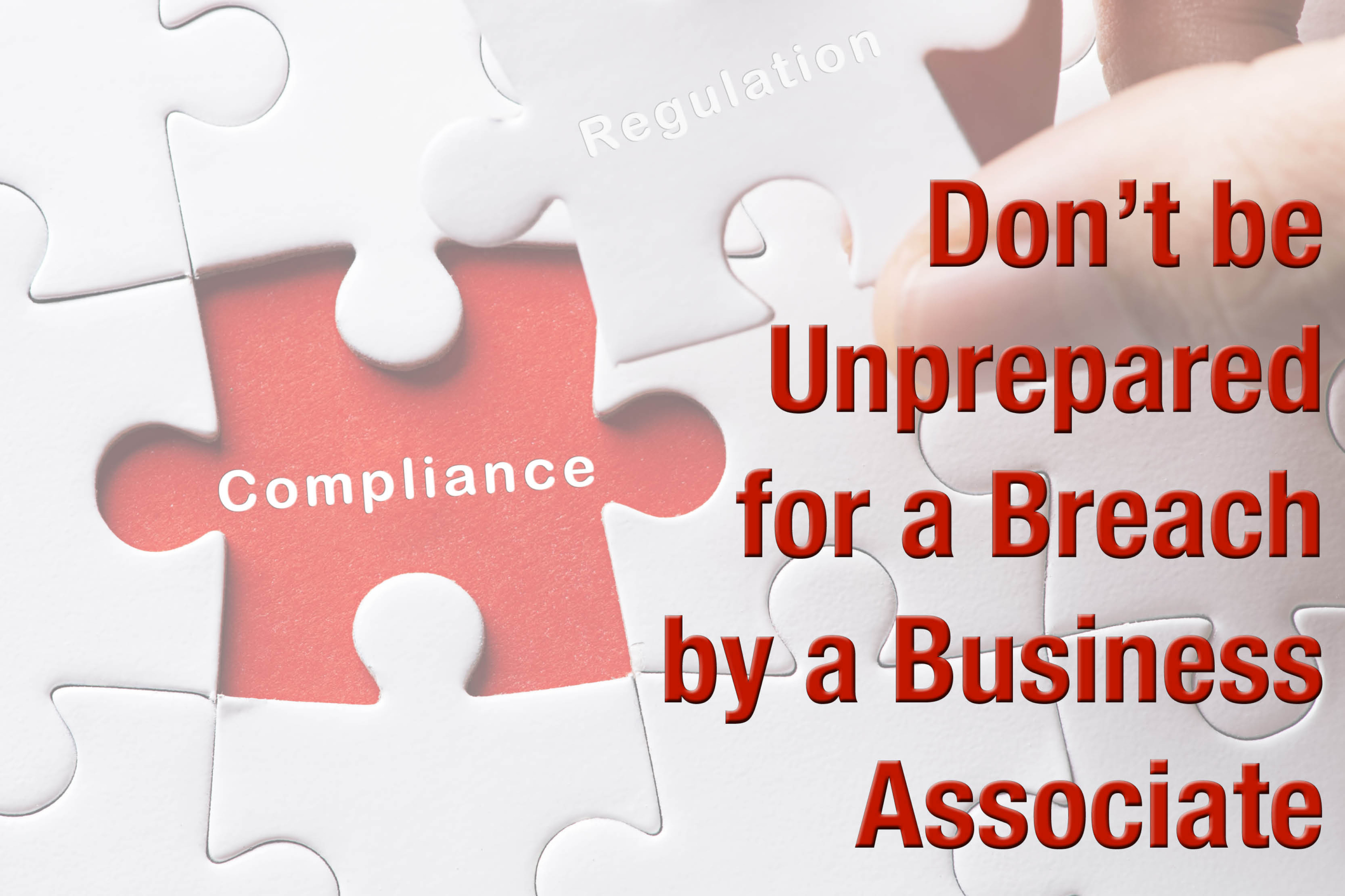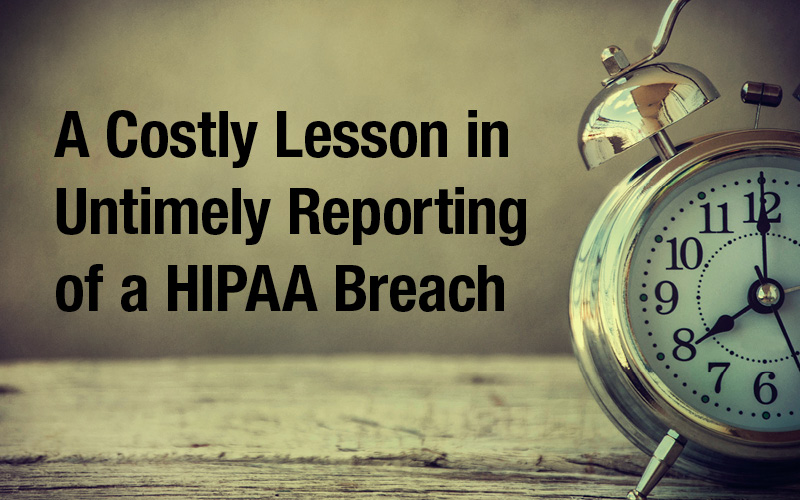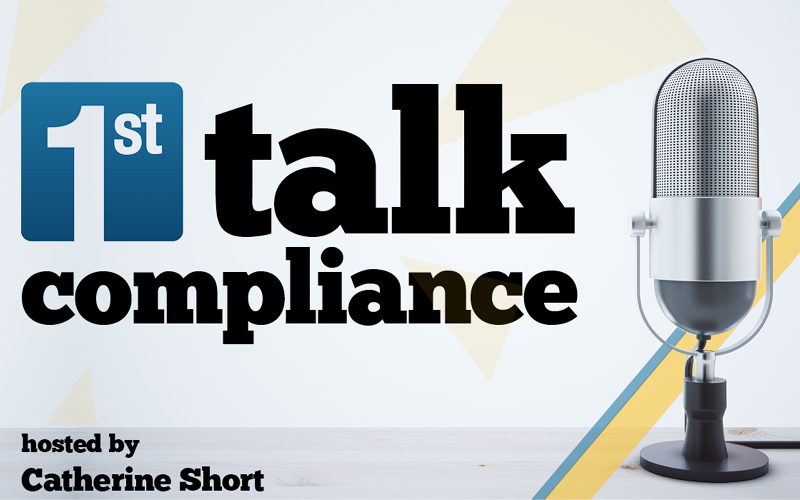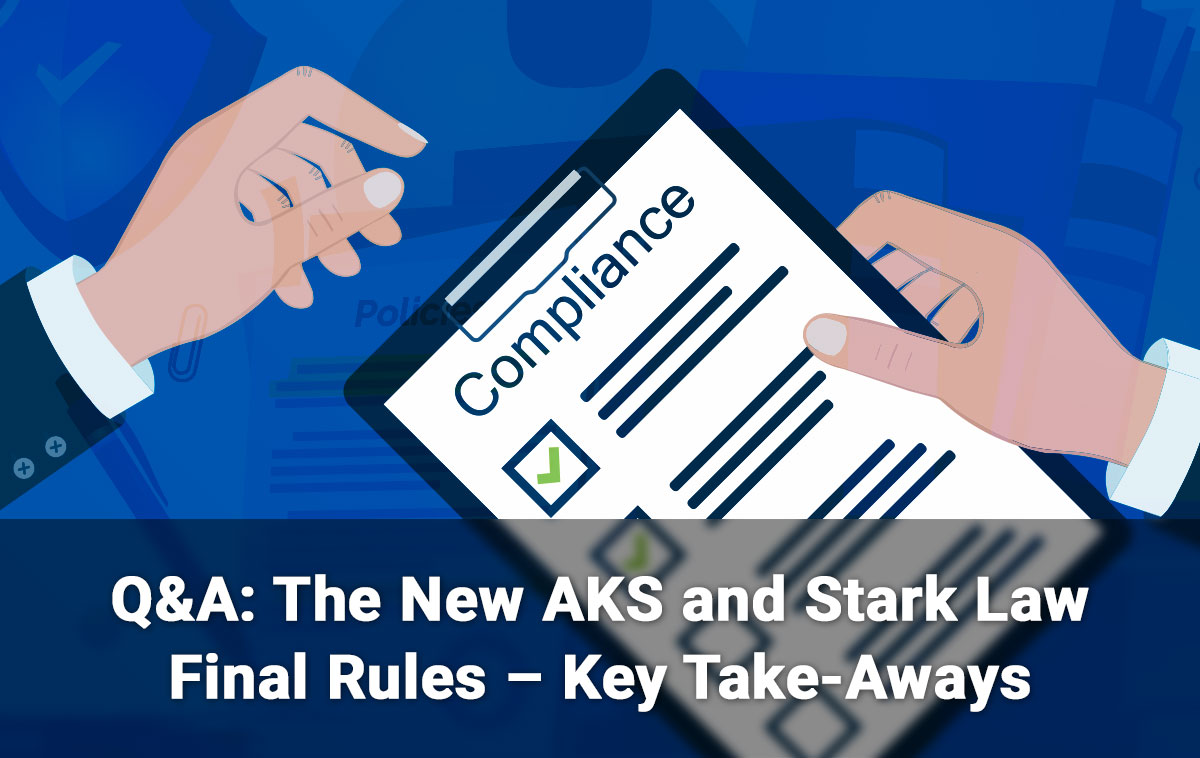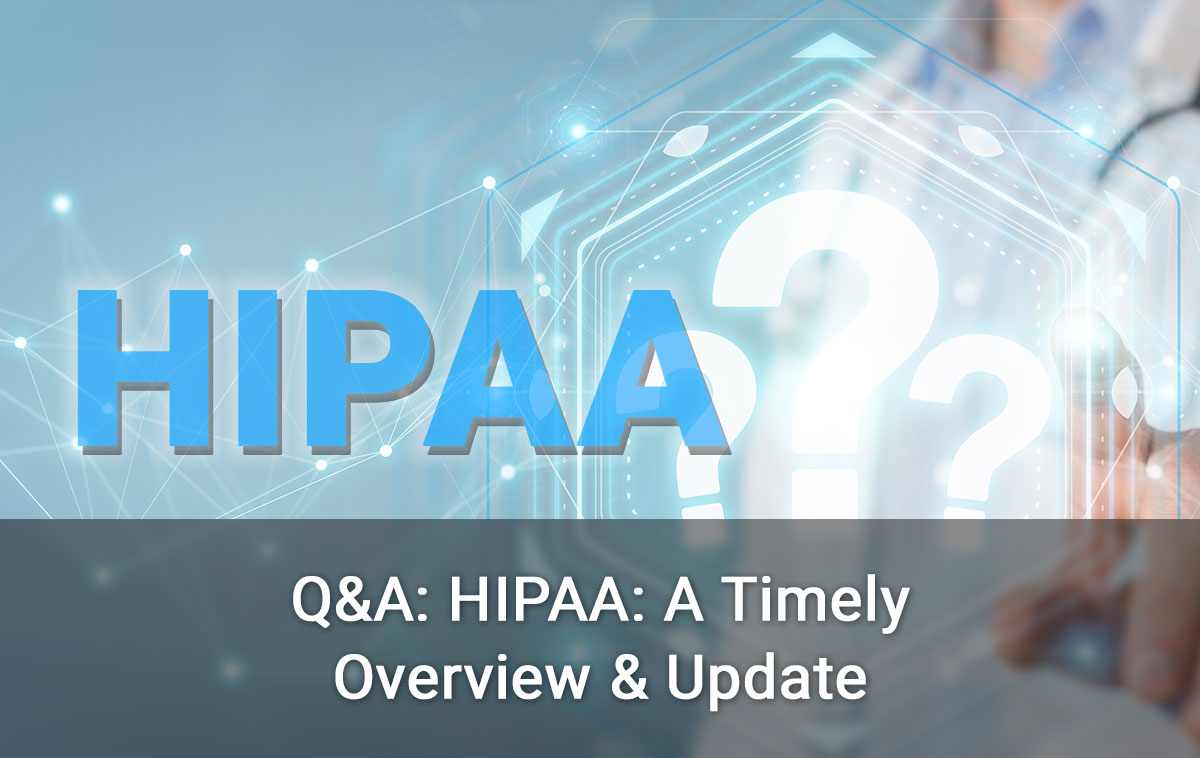Will Providers Ever Prescribe Marijuana?
On August 11, 2016, the Drug Enforcement Agency (DEA) denied yet another request to reschedule medical marijuana from a Schedule I to a Schedule II or III under the Controlled Substances Act. After reviewing pertinent scientific and medical data and the scheduling recommendation by Health and Human Services (HHS), the DEA concluded that marijuana must remain a Schedule I drug. Although other drugs in the Schedule I category are clearly more dangerous, the DEA maintained the scheduling designation for medical marijuana because it met the following three criteria:
- The drug or other substance has a high potential for abuse.
- The drug or other substance has no currently accepted medical use in treatment in the United States.
- There is a lack of accepted safety for use of the drug or other substance under medical supervision.
As a Schedule I drug, medical marijuana remains illegal under federal law. Moreover, since it is illegal for providers to prescribe Schedule I drugs, providers cannot prescribe medical marijuana. In most states with legalized medical marijuana, a licensed MD, DO, PA, or ARNP is authorized to write a medical marijuana recommendation for a patient. Such authorized providers can give patients a recommendation for certifying conditions specified by their state law. Examples include, but are not limited to nausea associated with cancer therapy, Alzheimer’s, Hepatitis C, glaucoma, pain, weight loss due to debilitating disease, muscle spasms or seizure disorders.
Currently, 25 states and the District of Columbia have legalized medical marijuana. In addition to the difference in state-approved medical conditions for medical marijuana certification, state regulations vary significantly on mandatory or voluntary registration, acceptance of other state’s registry ID cards, the amount to supply, the possession limits and the approved methods of usage. New York takes the approval process one step further prior to allowing physicians to certify patients for medical marijuana use; physicians must undergo a 4-hour training program as part of their provider registration program to ensure patient safety and track usage.
Even though medical marijuana may be legal at the state level, the drug remains a Schedule I so potential federal prosecution is still possible. An interesting example of this involvement at the federal level is a recent appellate court case which upheld the ban on the sale of firearms to any illegal drug user, in this case, a medical marijuana card holder. Keep in mind that should a patient get in legal trouble for possession of marijuana, the provider’s written recommendation for medical marijuana may be the individual’s best defense.
As to the future of any marijuana rescheduling to a Schedule I or II drug, agreements by the United States under international drug control treaties would make this very challenging.



